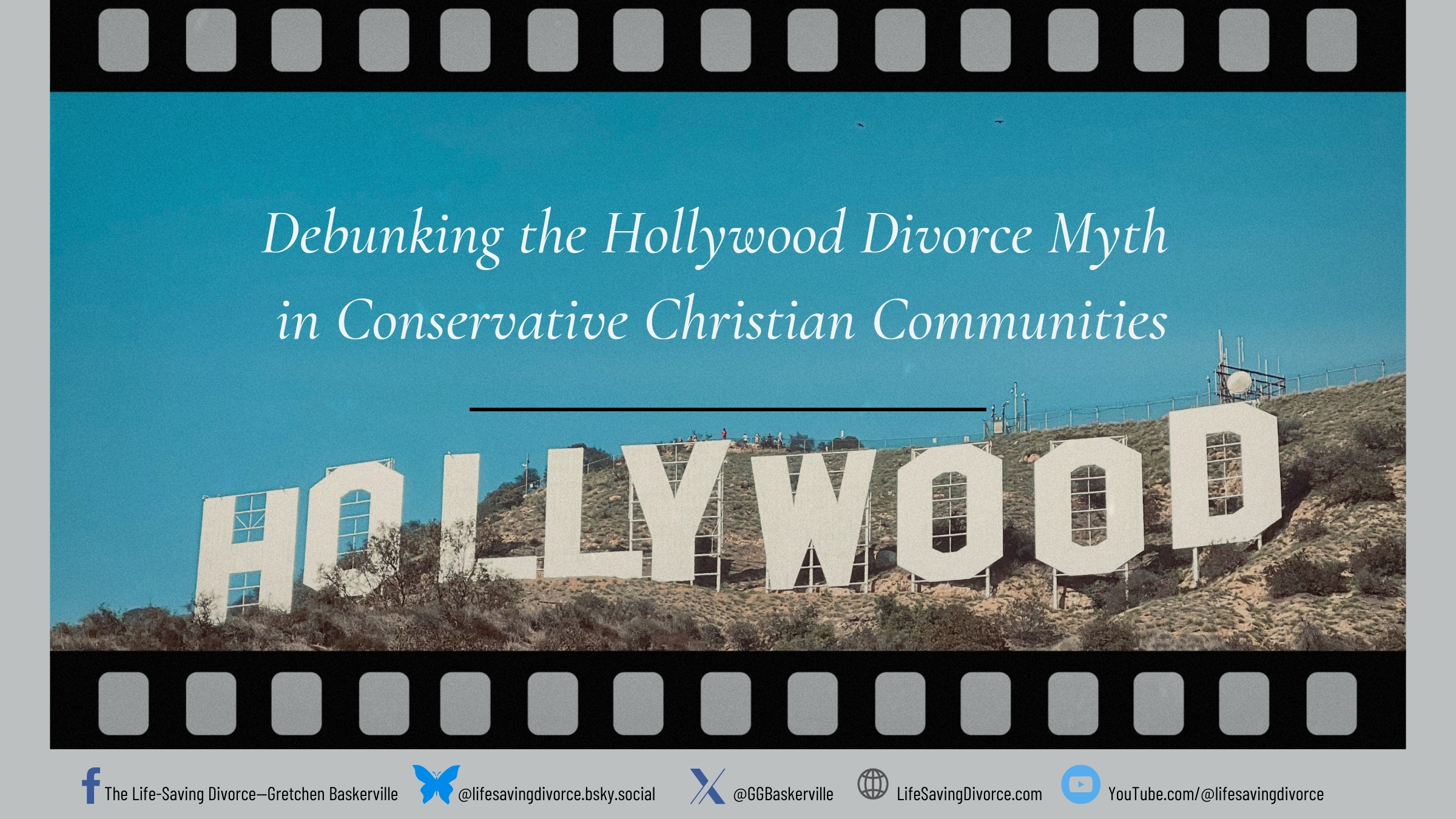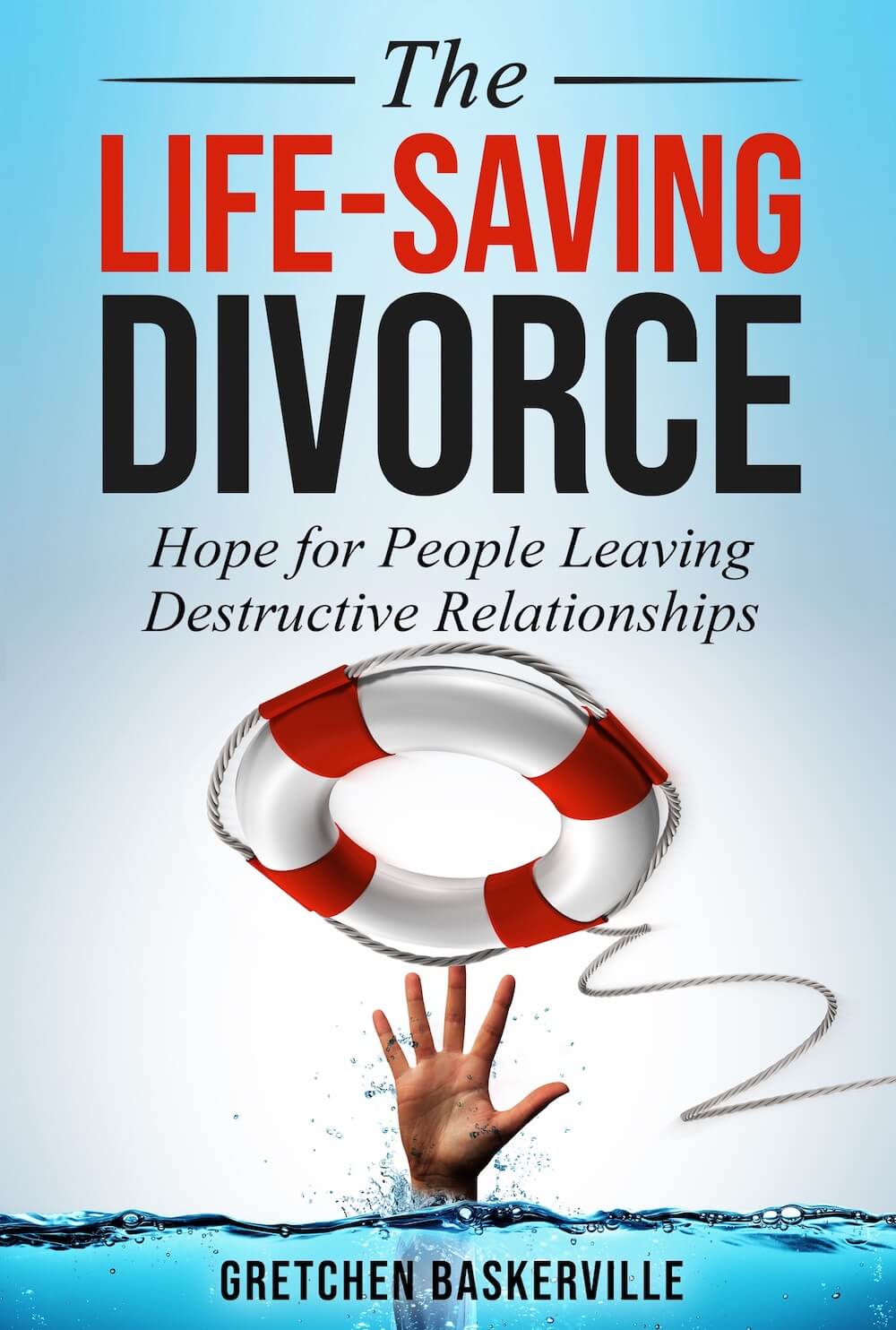Rebuttal: The Myth of “Hollywood Divorces” in Christian Communities
The idea that Christians are divorcing because of so-called “Hollywood influences” oversimplifies a complex and deeply personal issue. It’s a convenient scapegoat that shifts focus away from real systemic and relational problems within marriages and the way churches often address—or fail to address—these issues.
- Divorce Rates Aren’t “Spiraling Through the Roof”
The claim that divorce rates are skyrocketing is outdated and inaccurate. In fact, divorce rates in the United States have been steadily declining since the 1980s, and currently they are lower than they were in 1969, when the first no-fault divorce laws were passed. Among Christians, the rates are comparable to the general population, but for those who actively attend services regularly, the rates are slightly lower. This isn’t because of a magical resistance to Hollywood due to conservative religious beliefs, but because of stronger community bonds and shared values, as well as the stigma of divorce. - “Hollywood Divorce” Is a Lazy Stereotype
Labeling divorces as “Hollywood-inspired” implies that people are walking away from marriages on a whim, chasing glamour or materialism. This completely ignores the reality of why most divorces occur. Research shows that half of U.S. divorces are for serious reasons, including infidelity, abuse (physical, emotional, and verbal), family-crushing addictions, and severe indifference/neglect. These are serious, often painful issues—not trivial or superficial ones. - The Church’s Role in Divorce
Ironically, churches often play a role in perpetuating unhealthy marriages by promoting the idea that divorce is a moral failing rather than a necessary escape from harm. Many Christians stay in abusive or dysfunctional marriages far longer than they should because they’ve been told divorce is worse than enduring mistreatment. Instead of addressing abuse, neglect, or addiction with the seriousness they deserve, many pastors blame the influence of secular culture, offering shame instead of support. - Commitment Isn’t the Problem
Most Christians don’t enter marriage lightly. They are fully committed and want their marriages to succeed. They are realistic that normal marriages have ups and downs. The suggestion that they lack commitment diminishes the experiences of countless individuals who fought for their marriages for years before recognizing that staying was harming them or their children. The decision to divorce is rarely easy—it often involves years of soul-searching, counseling, and prayer. - Pastoral Responsibility Before Marriage
If pastors are so concerned about the sanctity of marriage and reducing divorce rates, a good place to start would be at the beginning. Too often, churches perform weddings without adequately vetting the relationship or addressing glaring red flags. Pastors should refuse to officiate marriages where one party has recent issues such as unfaithfulness, deception, drug addiction, alcohol abuse, or violence. Pedophilia, rape, violence, and a pattern of cheating should be instant disqualifiers. Failing to do so only sets the couple up for a marriage that is likely to become toxic or abusive—and in many cases, end in divorce. Protecting marriage starts with ensuring it’s built on solid ground, guiding individuals who may be blinded by love to assess the potential risks of their partner carefully. Too often churches are gung-ho and promote marriage for marriage’s sake, to champion conservative values, to highlight their faith in miracles, or to promote the idea that marriage will “fix” an immature or troubled partner. - Focus on Real Solutions, Not Blame
Instead of blaming “Hollywood,” it would be more productive for churches to focus on equipping couples with tools for healthy communication, conflict resolution, and mutual respect. They should also address issues like abuse, infidelity, and addiction without stigmatizing the invested spouse who finally needs to file for divorce as a moral failure. Creating safe spaces where struggling couples can seek help and where individuals leaving toxic marriages are supported—not shamed—would do far more to strengthen families than perpetuating harmful stereotypes.
In conclusion, blaming “Hollywood” for divorce in Christian communities is a distraction from the real issues. It dismisses the lived realities of those who have faced abuse, betrayal, or irreparable conflict. Instead of perpetuating myths, churches and leaders should offer practical support and compassion to those navigating the complexities of marriage and divorce.



 :
:
 Buy PDF
Buy PDF